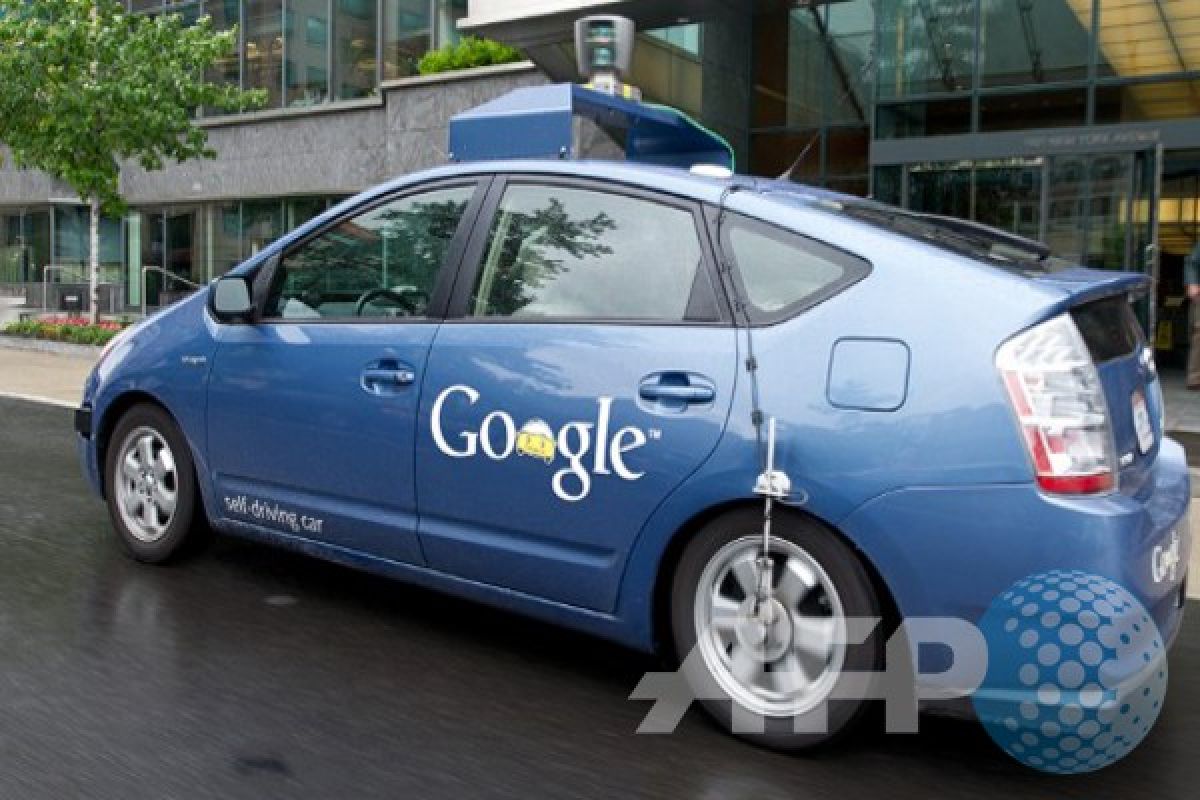Established automobile manufacturers and technology companies are increasingly looking at ways to make vehicles more autonomous. Google has announced plans to release a fully self-driven vehicle by 2017.
Fleets of these vehicles could, in theory, reduce emissions in the transport sector by making more journeys, planning the most efficient routes, and integrating into fully electric power systems, Xinhua quoted.
Researchers from Lawrence Berkeley National Laboratory modeled the potential impact of these fleets on U.S. transport sector emissions based on greenhouse-gas intensity of gasoline and electricity in 2014 and projections for 2030.
Their results show that switching to autonomous taxis could result in per-vehicle emissions savings of 87 to 94 percent over current conventionally driven vehicles, and 63 to 82 percent over projected hybrid vehicles in 2030.
These reduced emissions would result primarily from future decreases in emissions from electricity production, smaller vehicle sizes and longer distances traveled, said Jeffery Greenblatt, one of the authors of the paper.
Editor: Priyambodo RH
Copyright © ANTARA 2015












